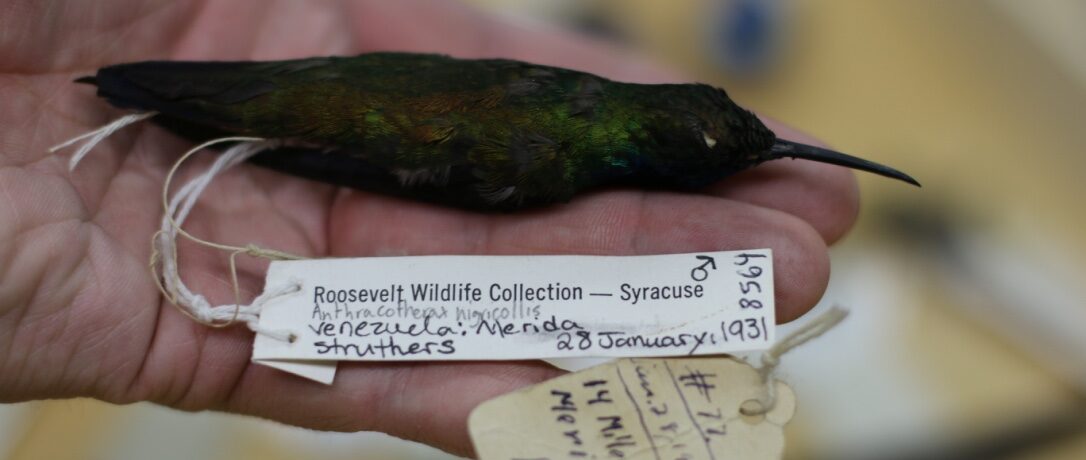The Natural Science Collections Alliance (NSC Alliance) has joined the American Institute of Biological Sciences (AIBS) and the Society for the Preservation of Natural History Collections (SPNHC) in submitting comments to the White House Office of Science and Technology Policy (OSTP) and National Institutes of Health (NIH) on the new Advanced Research Project Agency Health (ARPA-H). OSTP and NIH are currently developing a scientific framework to outline the new agency’s potential research priorities and scientific portfolio.
The groups wrote, in part: “Biodiversity collections are critical to improving our understanding of the linkage between biodiversity and human health. An example of where information on biodiversity would greatly facilitate research on human health issues is zoonotic disease. There is substantial evidence that SARS-CoV-2 and other viruses have crossed over from animal vectors with many more such events yet to be discovered. A key opportunity for getting ahead of future pandemics lies in understanding the relationships of viruses to the broader, global vertebrate host community. Biodiversity collections provide a unique insight into historical evidence of pathogen initiation and spread within biological systems. With modern research tools, more accessible and integrated databases associated with well-curated collections, we can document how pathogens evolve across biodiversity through time and space, and learn what kinds of solutions biodiversity has come up with to combat such viruses. ARPA-H must work with the biodiversity community to strengthen our capacity to archive and study viruses in the wild before they cross over to humans.”

